
Spiritual Anesthesia
In a constant state of spiritual anesthesia, a person is not aware of the needs of his soul nor the pain the soul experiences when those needs aren't met.

Baruch Hashem, I have had the merit of giving birth to three delicious and rambunctious boys. My first one was born without painkillers, and I thought to myself, “Never again.” My next two were not painless, but the epidural was effective enough to provide some substantial relief. Another time I was thankful for painkillers was when I once had to go to the emergency room for a bad burn, the pain of which was indescribable. But, as soon as I got some good ol’ Demerol, everything became A-OK before I passed out. These situations 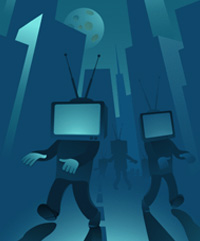 were quite miraculous, really. My body was experiencing pain of the worst kind, yet because my brain couldn’t process that pain, I felt nothing. Is there something to learn from all this, other than painkillers can be very useful in certain situations?
were quite miraculous, really. My body was experiencing pain of the worst kind, yet because my brain couldn’t process that pain, I felt nothing. Is there something to learn from all this, other than painkillers can be very useful in certain situations?
First, let’s examine the way many of us live our lives. We are programmed to pursue physical pleasures from the time we are children. We long for the best toys, more clothes than we can even wear, maybe even a car when we are teenagers. What do you think happens when we turn into adults? The toys just get bigger and way more expensive. Now we need the fastest, latest model car, or we simply must have that two week vacation in the Bahamas or we just can’t go on. Seriously, how are we supposed to function for a whole year without recharging on the beach with some strawberry daiquiris?
Now, what happens to us the moment we acquire these physical pleasures? We feel an instant burst of energy, and then….nothing. The car becomes old news in a month, and the fancy dinner we spent two hundred dollars on last night, well, you know where that went. This is a fact of life, and we all know it to be true. What happens to us when we are only focused on acquiring physical things? It’s like a person addicted to drugs. We need bigger, more expensive, and just plain more of everything to experience that same level of initial excitement. When we lose that high, we do everything we can to get it back, just like an addict looking for his next fix.
Meanwhile, let’s look at what is happening to our souls throughout this cyclical process of highs and lows. Kabbalah explains that the soul and body are constantly at war with each other. The soul has its own spiritual needs, and the body has its physical desires, both of which are completely opposite of one another. They are like arch-enemies in a novel; one is always trying to dominate the other (or was that sisters?). The problem is, in this world, the body has the upper hand. The soul is like a prisoner locked in a dark, isolated cell. She cries out in pain for help, but there is no one to hear her.
How do we know that the body is in control? Let’s go back to the way we live our lives. Almost all of our desires are physically oriented, only to provide the body with pleasure. The problem is, body and soul exist in an inverse relationship- when one gets its needs met, the other one suffers. Now we can begin to clarify an amazing phenomenon- even when we have everything, we can still be unhappy. Why? Because the soul isn’t getting the nourishment she needs….she’s STARVING! Quick, somebody get her a bagel!
We are living our lives in a constant state of spiritual anesthesia; we’re not even aware of the needs of our soul nor the pain she experiences when she doesn’t get those needs met. So for every moment that we have ignored the needs of our soul, we have caused her tremendous pain. Yet, through the Divine Plan, we don’t usually feel that pain- until we get a wake-up call. We don’t feel it because this is what gives us our free will. If we always were in tune with what our soul needed, we would have no choice but to fulfill those needs. Instead, Hashem has stepped back to allow us to feel like we’re running the show.
However, just like a parent who won’t leave his kids playing too long outdoors without checking in on them once in a while, Our Father in Heaven does the same thing with us. If He left us to our own devices for too long, where do you think we would end up? The answer is all around us; some end up in drugs, some in licentiousness, others severely in debt…the list is endless. Every once in a while, when we are in danger of straying too far away from Him, Hashem lowers the dosage of Diprivan and allow us to come up out of our slumber for a bit. This might come in the form of something minor like a cold, or could range to something major like an accident, God forbid. The severity of the wake-up call depends on how asleep we are. Are we in twilight, or are we semi-comatose?
This may sound harsh, but the good news is, these types of wake-up calls are the best things for our hungry neshamot. They are begging Hashem to shake us into what Rabbi Brody likes to call “spiritual awareness”. All of a sudden, we wake up in a daze; we start to wonder- how did we get here? What are we doing? What is our purpose here? Where are we going? Finally, the desires of the soul are coming to the surface. Then the post-surgical pain kicks in. Now the pain of the soul is being felt by the body. Now, we start to beg for help. We might even pray for forgiveness for some prior transgression; some of us may commit to a new beginning. Whatever it is, the wearing off of the anesthesia is serving its purpose. Now we are ready to search for a relationship with The Creator.
Rebbe Nachman, the doctor of the soul, prescribes the best medication- hitbodedut (personal prayer). This simple, candid, and private dialogue between you and God is, along with the prescribed mitzvot, your best way of providing the soul with the proper nourishment. Rav Shalom Arush describes the fundamentals of hitbodedut in his life-changing book, Forest Fields. Although many of you have read it, I highly advise that you read it again. It is a book in which you find new insights each time you read it. Talking to God is the best way for your soul to express what it needs. For one hour a day, you can start to clarify what’s important in your life. You gain a broader perspective on issues that you couldn’t resolve before. Everything becomes clearer. Your soul needs this hour to reconnect and recharge with The Source. Once you do hitbodedut on a regular basis, your soul will become more empowered and illuminated. Then you will stop needing those bursts of energy through physical means. You will be sustained on a constant current of light through your spiritual lifeline to Hashem, and you will feel a deep sense of inner peace. So remember, take Dr. Rebbe Nachman’s advice: just one hour a day makes the pain go away.


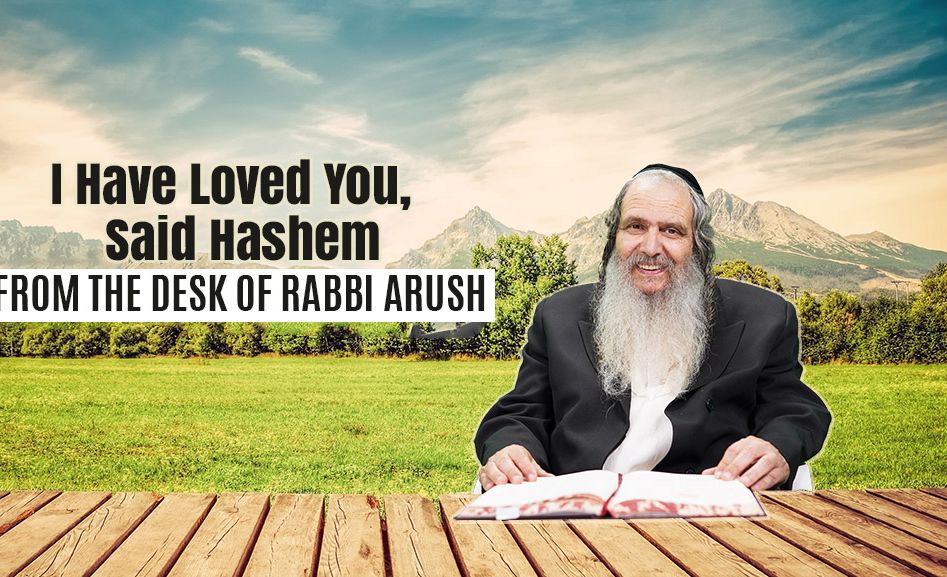
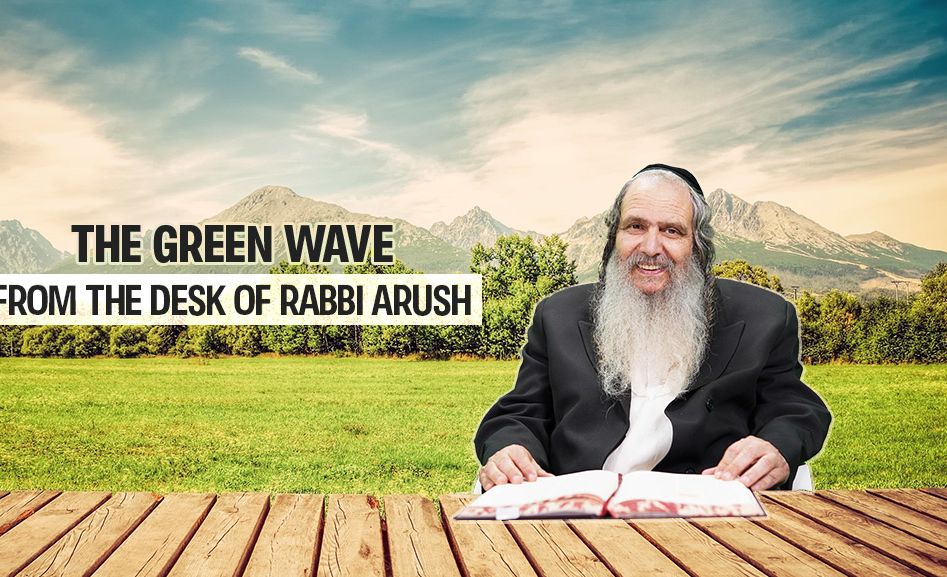
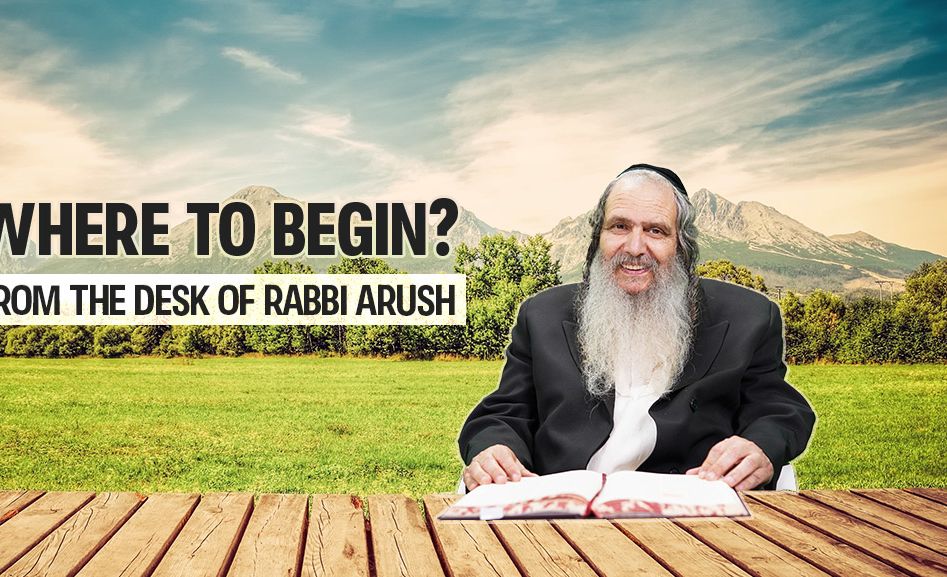
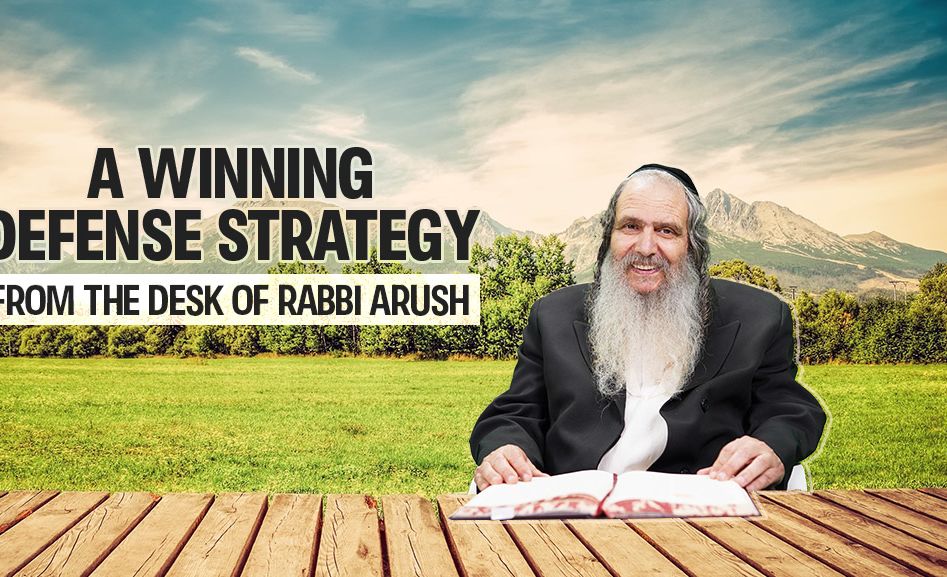
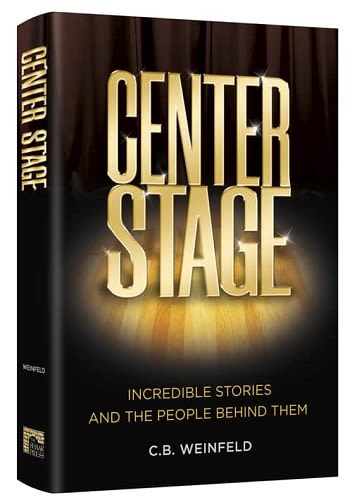


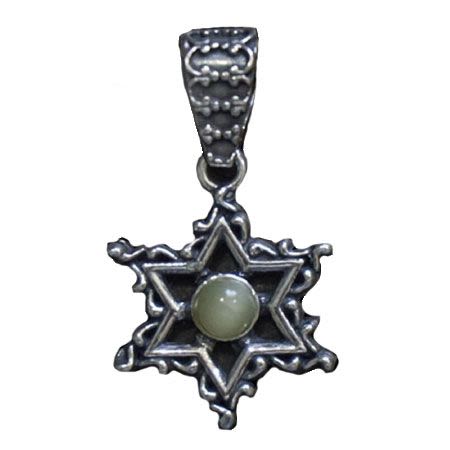
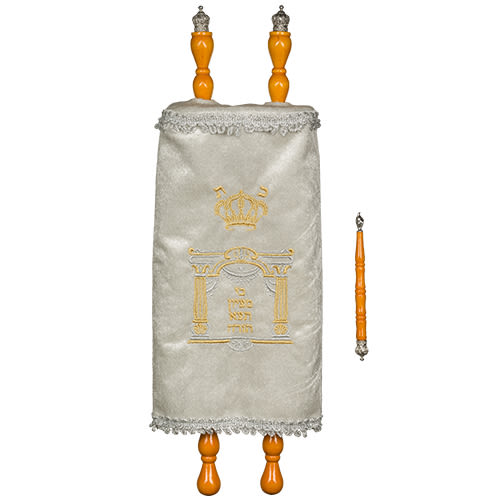

Tell us what you think!
Thank you for your comment!
It will be published after approval by the Editor.